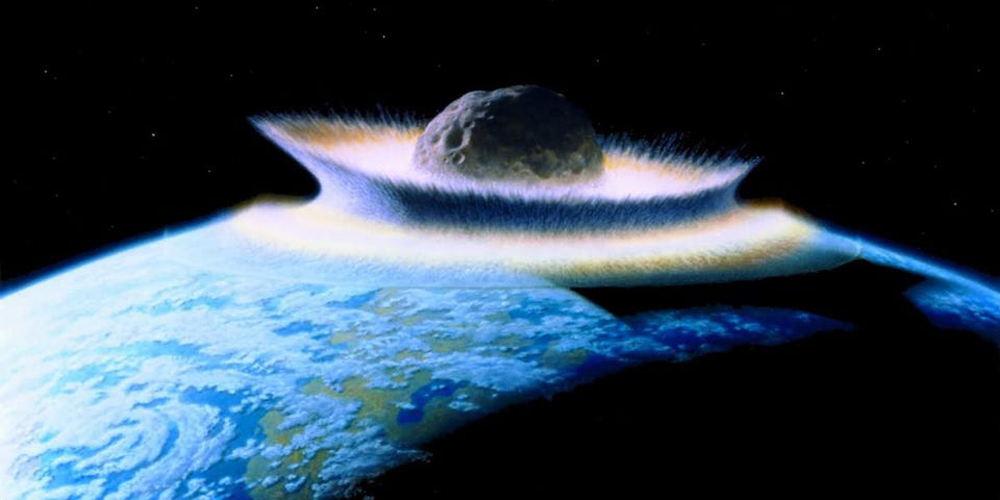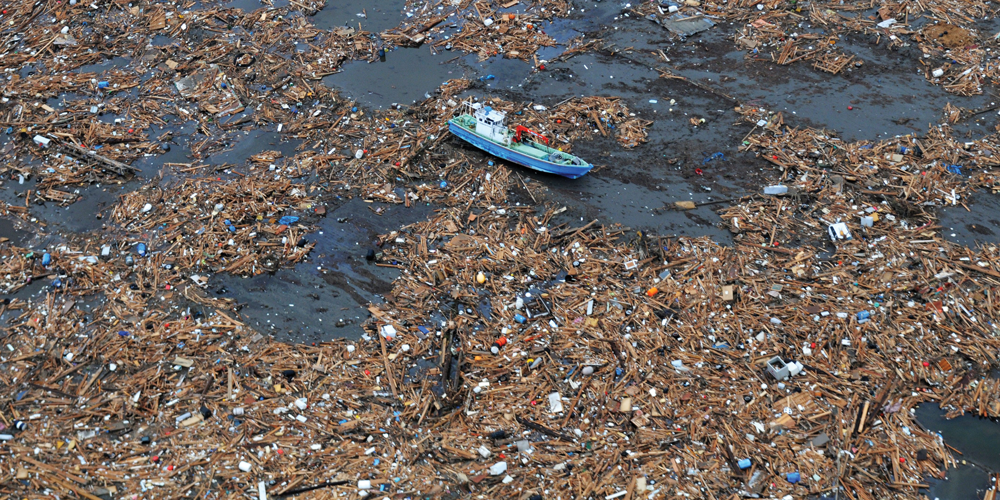We live in a ‘throw away’ world that seems to spin around a dual axis, the unquenchable desire for ‘more’ and the insatiable yearning for ‘new’. We, as human beings, want to have more and more and more of what we think will make us comfortable. And yet at the same time, nothing satisfies us for long. What seemed to make us very happy just a few days ago no longer excites us and we yearn for something ‘new’ - we don’t know what will satisfy us.
In this world the distinction between ‘needs’ and ‘wants’ has been blurred; so much so that our many wants are mistaken for our needs and our ‘genuine needs’ are relegated to the periphery of our lives. This has given rise to a world of mindless destruction of the environment, gigantic mountains of non-biodegradable waste, oceans with islands of floating plastic many square kilometres wide, increasing salinity coupled with lowering of water tables, mindlessly ravaged forests that can no longer sustain the indigenous communities which once lived in communion with the trees, rivers, birds and animals that inhabited the land with them. While it is true that the world has gone through five mass extinction events over the millions of years of its existence, for the first time the world seems to be on the brink of an extinction event brought about by the thoughtlessness and mindless greed of one of its most blessed creatures - both in terms of mind power and heart power - namely, us ‘human beings’. The previous extinction events were most likely because of ‘asteroid strikes’ that blocked out the sun for hundreds of years and caused acid rain, colossal volcanic explosions and other geological activity that in turn caused a sharp increase in carbon dioxide levels or dramatic ‘cooling’ or ‘heating’ events that wiped off many species practically overnight when seen in terms of cosmic time. We, humans, appear to be the most vulnerable of the Earth’s life forms, but we have been showing ourselves to be also the most dangerous.  The asteroid extinction event didn't occur soley because of the impact of the asteroid, but the global repercussions it had on habitable climate.
Human choices and lifestyle, especially over the last two hundred years, have brought about drastic changes to our planet. The ‘background rate of extinction’ - where one species in ten thousand goes extinct in a hundred years - has accelerated to between a hundred and a thousand times because of ‘us’.
The asteroid extinction event didn't occur soley because of the impact of the asteroid, but the global repercussions it had on habitable climate.
Human choices and lifestyle, especially over the last two hundred years, have brought about drastic changes to our planet. The ‘background rate of extinction’ - where one species in ten thousand goes extinct in a hundred years - has accelerated to between a hundred and a thousand times because of ‘us’.

This story originally appeared in the Winter 2022 edition of the Salesian Bulletin, which is available here!

